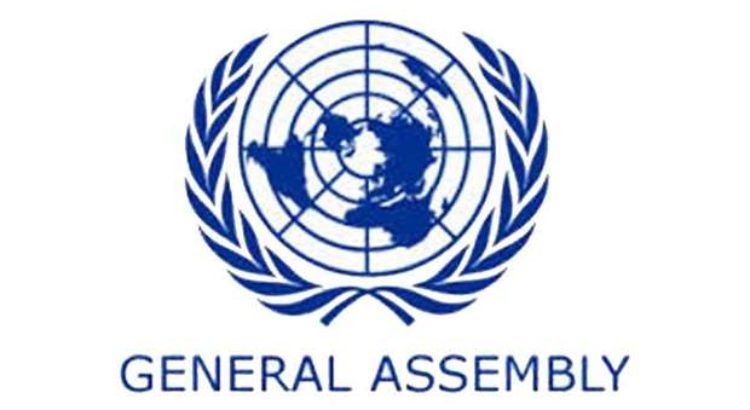Asia/ Qatar / 17.10.2018/ Source: www.gulf-times.com.
Qatar affirmed Friday its commitment to protecting the rights of children at the national, regional and international levels.
The country would also spare no effort in providing the necessary support to the protection of children in all circumstances and by all means, in order to help ensure their development and education take place in safe and healthy conditions.
This came in the statement read by Qatar in a meeting on the sidelines of the 73rd UN General Assembly on enhancing and protecting the right of children.
The statement was read by member of the Qatari delegation participating in the 73rd UN General Assembly Mariam Ali al-Mawlawi.
She said that Qatar signed an agreement with the Office of the UN Special Representative for Children and Armed Conflict on September 28, 2018 to open a centre for children and armed conflict in Doha, which will contribute significantly to strengthening knowledge and skills for the protection of children affected by armed conflict in the region.
She noted that the move reflected Qatar’s commitment to protecting the rights of children, particularly in times of armed conflicts.
She also stressed that Qatar has made great strides in promoting and protecting the rights of children by taking a number of legislative and executive measures in various fields and sectors, such as education, health, social protection and family policies.
These measures were implemented within the framework of Qatar National Vision 2030 and the other national development strategies, and in line with international conventions on the subject.
The Qatari official also highlighted the country’s effort in preventing violence against children, noting that the State has developed a system for early detection of child abuse and neglect through increasing the number of social workers in schools, developing their knowledge and skills on the subject, developing an awareness programme for students about violence and protection, establishing a hotline for schools to report cases of violence.
There are also other programmes, such as the one run by Hamad Medical Corp to detect and report suspected cases of violence, provide care for abused children and promote a safe environment for children at home.
The Social Rehabilitation and Protection Centre (AMAN), a civil society organisation, carries out awareness-raising activities in schools to develop the skills of teachers and social workers for early detection and response to peer abuse.
Al-Mawlawi stressed that the issue of protecting the right to education is of great importance in the implementation of Qatar’s policy in international co-operation and its development and relief programmes, based on Qatar’s belief that education is the key to development and the importance of investing in the upbringing, protection and education of children, and based on its conviction that the right to education does not fall due to emergency circumstances.
She added that the State has been able to realise many achievements in this field in co-operation with its partners in the international community, where Education Above All foundation in partnership with Unicef and more than 80 global partners has managed to provide quality education for 10mn children without school in more than 50 countries around the world, including areas plagued by armed conflict, poverty and natural disasters.
Qatar has also recently provided $70mn to Unicef to support Yemen’s water and sanitation sector to reduce the spread of diseases related to contaminated water, such as cholera and others, which will save the lives of thousands of children in Yemen.
Source of the notice: https://www.gulf-times.com/story/609225/Qatar-stresses-vow-to-protect-children-s-rights









 Users Today : 25
Users Today : 25 Total Users : 35459620
Total Users : 35459620 Views Today : 60
Views Today : 60 Total views : 3418032
Total views : 3418032